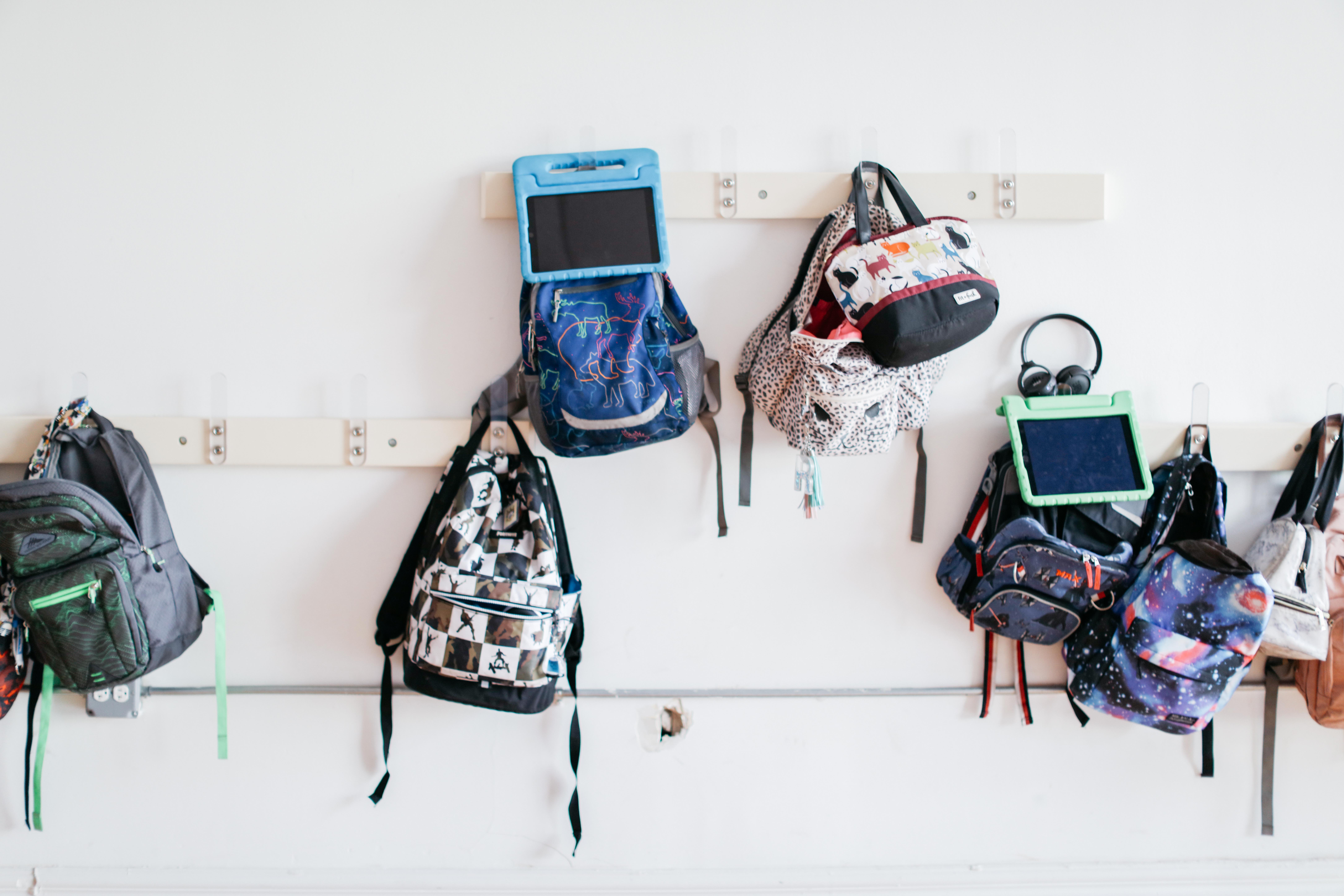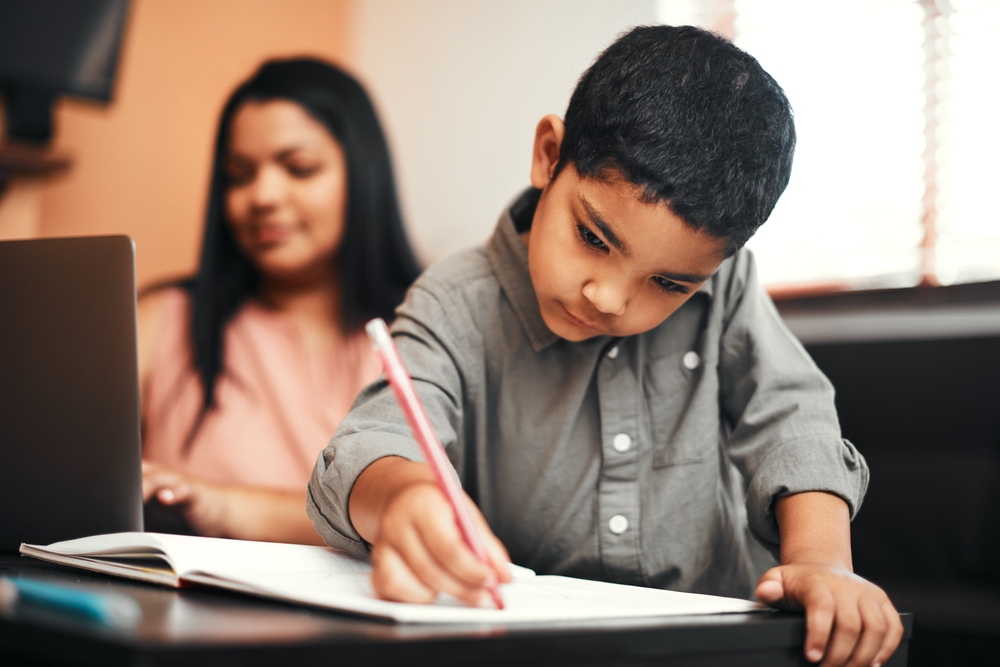.avif)

Hi, my name is Kait and I think my daughter has dyslexia. It's not too much of a surprise. My partner, her dad, has dyslexia, which we figured out when we became dyslexia practitioners teaching on the Southside of Chicago together. My sister has dyslexia, which she figured out when she started working at Redwood, our Chicago-based company made up of dyslexia practitioners. Two of my nieces probably have dyslexia. As you can see, it runs in my family. I've spent the last decade teaching students with dyslexia all over the beautiful city of Chicago. I've become an expert at teaching the Wilson Reading System® through logging thousands of hours with middle school students on the Southside, high school students on the Westside, third graders on the Northside, and now over 300 kids from around the world via Zoom with my team at Redwood. And you know what, it's just different when it's your own kid.
I've been suspicious for a while now. Little things here and there. It's harder for her to remember people's names. She can't articulate a handful of sounds. Her vocabulary is excellent but sometimes it takes her a minute to remember the right word she's looking for. It took her over 100 exposures to learn how to craft the letters in her name and even now, I don't think she can make the sound each letter represents in her name. Only 6 months into her first school experience, her wonderfully kind kindergarten teacher keeps sending home progress reports that show she still doesn't know most of her letters and numbers and that she's a "bit concerned" about her progress.
So why have I been dragging my feet all year long to start teaching her myself? I'm armed with all the instructional tools, a nerdy amount of scientific knowledge, and I'm really good at this teaching reading thing. But when it's my own kid, it just feels sort of… overwhelming. More than sort of. Really overwhelming.
Even at just 5 years old, I can see her start to doubt herself. She is so brilliant and talented, and yet I already notice how she senses a difference. Some things don’t click for her and she knows it.
We started tutoring sessions this month. I had a plan to have this epic start, but instead, we all got Covid and things went about 20% as well as I had hoped. But we've logged 6 sessions together and I'm keeping a chart to record each lesson on my kitchen wall to remind myself how much I want this for her, even when it feels really overwhelming like it did today. I want her to be given access to the kind of reading instruction that, while still too rare in our school systems, is without-fail effective. When I say without fail, I mean without fail. As I said, I've worked with over 1000 students across ten years in various contexts, from 5-year-olds to 55-year-olds, and every single one of them has become a better reader when given access to these structured literacy methods, especially when delivered with empathy, respect, curiosity, and optimism.
Do students with dyslexia still struggle in school? Of course. It's harder to be dyslexic than non-dyslexic in our nation's school system every single day. Will my daughter struggle in school because of her dyslexia even if I teach her how to read? Of course, she will. But does the world need her uniquely wired and vibrant brain to help us solve some of the next generation's biggest problems? Hell yes.
I'm documenting our journey together in the form of this newsletter. It's an irreplaceable opportunity for me to learn what dyslexia looks like and feels like from a parent’s perspective. I’m also hoping that my professional experience will reveal some new and important ideas to help all parents who are walking this journey with me.
So here we go, b-bat-/b/. I promise you, that will make more sense soon.

.svg)


.jpg)

